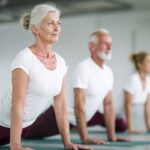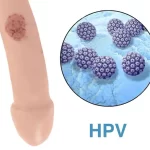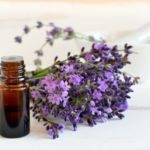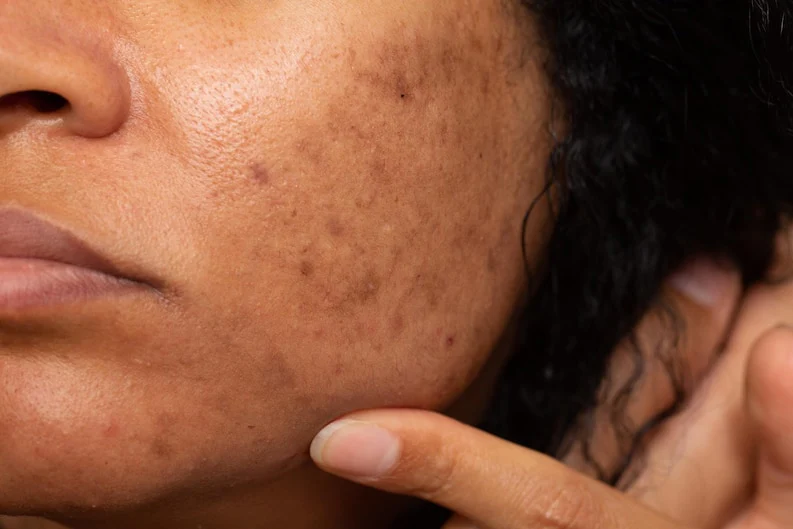Omega-3 and exercise may slow aging
New Study Reveals Omega-3 and Vitamin D, Combined with Exercise, May Slow Biological Aging
A groundbreaking study suggests that supplementing with omega-3 fatty acids and vitamin D, when paired with regular exercise, may slow biological aging by several months over a three-year period.
The findings, published in Nature Aging, indicate that this combination could have significant implications for public health, potentially reducing the risk of age-related illnesses and enhancing the well-being of older adults.
Key Findings from the DO-HEALTH Trial
Researchers analyzed data from the DO-HEALTH trial, a large European study that tracked over 700 adults aged 70 and older across five countries between 2012 and 2014. The participants were randomly assigned to different intervention groups, receiving either placebo treatments, omega-3 supplements, vitamin D, regular exercise, or a combination of all three.
Findings revealed that individuals who followed the combined regimen of omega-3, vitamin D, and exercise exhibited measurable molecular-level benefits, suggesting a slower biological aging process compared to those who did not.
Understanding Biological vs. Chronological Aging
Aging is often measured in two ways:
- Chronological age: The actual number of years a person has lived.
- Biological age: A measure of how well the body is aging at the molecular and cellular level, which can be influenced by lifestyle, genetics, and environmental factors.
Since biological aging occurs at different rates in different individuals, two people of the same chronological age may have very different biological ages, affecting their overall health and longevity.
How the Study Measured Biological Aging
The researchers assessed biological aging using four epigenetic clocks, which analyze DNA methylation patterns—chemical modifications that influence gene activity. These clocks have been widely recognized as reliable biomarkers of aging.
According to Dr. Heike A. Bischoff-Ferrari, lead author from the University of Basel Department of Aging Medicine FELIX PLATTER and the University of Zurich Department of Geriatrics and Aging Research:
“Our findings provide strong evidence that omega-3 supplementation (1 gram per day, algae-based) slows biological aging in humans, with the combination of vitamin D and exercise further enhancing this effect. Over a three-year period, biological age was reduced by approximately 3 to 4 months.”
Key Health Benefits Observed
Beyond slowing biological aging, earlier studies from the same DO-HEALTH trial showed additional health benefits linked to omega-3, vitamin D, and exercise:
- 10% reduction in the risk of falls among older adults.
- 13% decrease in the rate of infections.
- 39% lower risk of pre-frailty (a precursor to frailty and mobility issues).
- 61% reduction in invasive cancer risk.
How Omega-3, Vitamin D, and Exercise Influence Aging
- Omega-3 fatty acids, found in fish oil and algae-based supplements, have been widely studied for their anti-inflammatory properties and cardiovascular benefits.
- Vitamin D is essential for bone health, immune function, and muscle strength, and has been linked to reduced risks of chronic diseases.
- Regular exercise helps maintain muscle mass, cardiovascular health, and cognitive function, all of which contribute to healthy aging.
The Role of DNA Methylation in Aging
The study focused on DNA methylation, which involves the addition or removal of methyl groups to DNA. These modifications influence gene expression and are considered a fundamental marker of biological aging.
Using the PhenoAge biological clock, researchers found that participants who took:
- 1 gram of polyunsaturated omega-3 fatty acids (from algae),
- 2,000 international units (IU) of vitamin D per day, and
- Engaged in 30 minutes of exercise three times a week
experienced a 2.9 to 3.8-month reduction in biological aging over the three-year study.
While omega-3 alone contributed to a reduction in biological aging across three of the four epigenetic clocks analyzed, the combination of all three interventions had the most profound impact.
Implications for Public Health
Dr. Steve Horvath, a co-researcher and a leading expert in epigenetics, emphasized the importance of these findings:
“The DO-HEALTH results provide strong evidence that public health strategies incorporating omega-3, vitamin D, and exercise could significantly enhance healthspan in older adults. These interventions are not only effective but also affordable and safe.”
However, experts caution that while these results are promising, further research is needed to determine whether slowing biological aging translates to a longer lifespan or improved health outcomes in the long run.
Limitations and Future Research Directions
Despite the positive findings, researchers acknowledge several limitations:
- The study duration was only three years, which may not be long enough to assess long-term health impacts.
- The sample size was limited to 700 participants, all of whom were based in Switzerland.
- Further clinical trials are needed to confirm these findings in larger and more diverse populations.
According to Dr. Clifford Segil, a neurologist at Providence Saint John’s Health Center in California, who was not involved in the study:
“While this research is fascinating, I would have liked to see separate analyses on vitamin D, omega-3, and exercise independently. Nonetheless, it reinforces the idea that staying physically active and using the right supplements can have significant health benefits as we age.”
Practical Takeaways for Older Adults
While further studies are needed, implementing the following strategies may support healthy aging:
- Incorporate omega-3 fatty acids (from fish or algae-based supplements) into your diet.
- Take vitamin D supplements, especially in areas with limited sunlight.
- Engage in regular exercise (at least 30 minutes, three times a week).
Dr. Segil highlights the importance of exercise:
“Regardless of supplements, everyone should prioritize physical activity. I often tell my patients: ‘If you don’t use it, you will lose it.’”
Conclusion
This study provides compelling evidence that a combination of omega-3, vitamin D, and regular exercise can help slow biological aging, offering a promising strategy for improving healthspan.
While further research is required, these findings underscore the potential of simple, affordable lifestyle interventions in promoting healthier aging.
To read the full study, visit Nature Aging.
Health Benefits of Blueberries
How To Lose Weight Without Counting Calories
Yoga Exercises For Weight Loss

A graduate of Computer Science and Information Management Technology. Diploma – Caregiving, Certificates – Dementia and Diabetes Awareness and Management. A researcher, blogger, songwriter, singer and acoustic guitarist. Born in an environment where natural talents such as healing are imparted at our natural birth. This natural talents of healing is the result of our genetic inheritance and the training from family environment.























